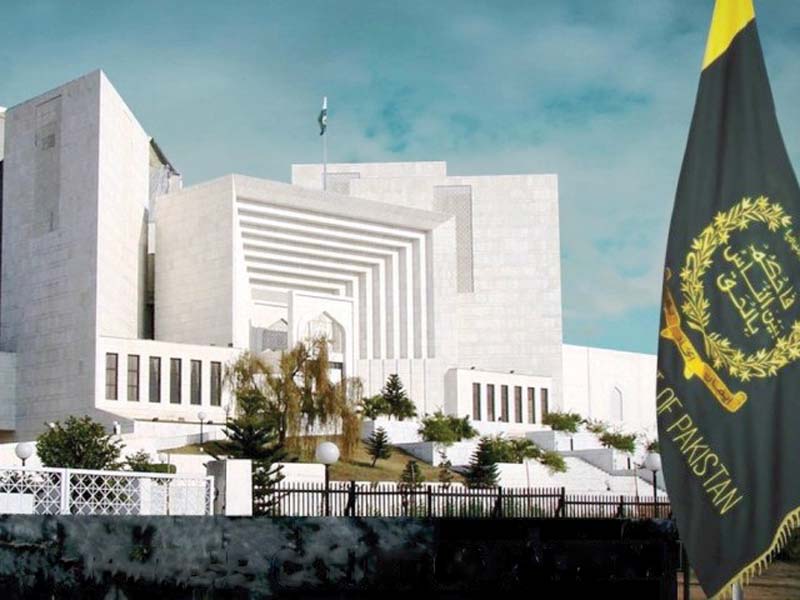
The HEC on Tuesday moved a petition under Article 185 of the Constitution against the LHC division bench’s judgment of April 27, allowing the provinces to develop standards as well as appointments in higher education departments that are situated in their respective locations. The petition has been moved by lawyer Raheel Kamran Sheikh.
The petition contends that “the legislative subject of ‘education’ falling in the unwritten Residuary List cannot be construed to extend in its meaning, scope and application to encroach upon the subjects enumerated in entries: 3, 16, 17 & 59 in Part I and entries: 12 & 18 in Part II of the Federal Legislative List in the Constitution”.
Major changes expected in eligibility criteria of VCs
“In terms of Article 142 (a) of the Constitution, the legislative authority of the federation on everything in pith and substance covered by the aforementioned entries in the Federal Legislative List falls within the exclusive jurisdiction of the federation and the provinces are barred to legislate on those subjects,” the petition maintains.
“The learned division bench of the high court has, therefore, manifestly erred while extending the scope of the legislative subject of ‘education’ falling in the unwritten Residuary List to encroach upon the subject of standards in institutions of higher education specified in Entry 12.”
The petition states that the approval of the Council of Common Interests is not mandatory for the standards or guidelines prescribed or recommendations made by the Higher Education Commission under Section 10 of the HEC Ordinance, 2002 to have a legal effect.
Govt slashes HEC’s development budget by over 50%
“The judgment of the high court is not in consonance with the law laid down by this august court vis-à-vis role of the Council of Common Interests in regulating work of the institutions under its supervision and control.”
The HEC further states that another aspect that the LHC has failed to appreciate regarding the role of the HEC is that while prescribing standards in institutions for higher education and research, it is to implement educational pacts and agreements with other countries (as envisaged in Entry No 3 of Part I in the Federal Legislative List) and prescribe such internationally acceptable standards as would promote recognition of Pakistani degrees in other countries, facilitate Pakistani students in foreign countries as well as promote Pakistani institutions for higher education and research of foreign students (as visualised in Entry No 17 of Part I in the Federal Legislative List).
It is contended that the HEC Ordinance, 2002 was enacted under the powers conferred by Entry No 38 in the erstwhile Concurrent Legislative List. “After the 18th Amendment, Entry 38 was split, with the devolution of certain aspects covered by Entry 38 were handed over to the provinces.”
Govt slashes HEC’s development budget by over 50%
“While leeway has been given to the provincial assemblies on all aspects of education, including curriculum, syllabus, planning with regard to primary, secondary and intermediate education, the matter relating to the standards in institution for higher education, research, scientific and technical education has been left exclusively to parliament, and remains in line with the constitutional structure and federalism on which our Constitution is based.
“It was thought imperative by the framers of the 18th Amendment that matters relating to higher education and research be resided in parliament to enable it to enact on such matters so that uniformity and consistency in such standards of higher education may be attained on a federal level so as to trickle down to the provinces.”
HEC lacks proper record of PhD scholars it finances
The HEC states that the Punjab Higher Education Commission Act, 2014 is ultra vires Article 142(a) read with Entries No 3, 17 & 59 in Part I and Entries No 12 & 18 in Part II of the Federal Legislative List in the Constitution.







1732355030-0/BeFunk_§_]__-(41)1732355030-0.jpg)
1732340798-0/BeFunk_§_]__-(35)1732340798-0.jpg)
1728020241-0/Express-Tribune-Web-(12)1728020241-0-270x192.webp)







COMMENTS
Comments are moderated and generally will be posted if they are on-topic and not abusive.
For more information, please see our Comments FAQ